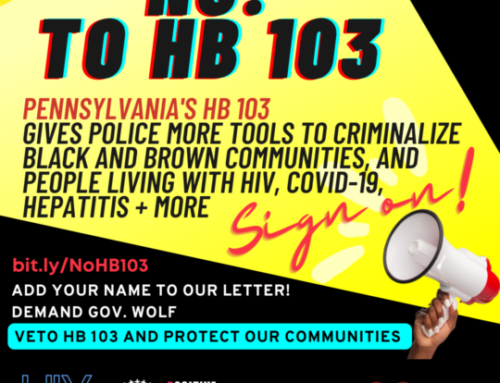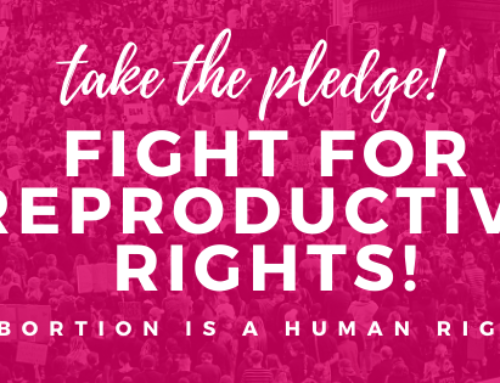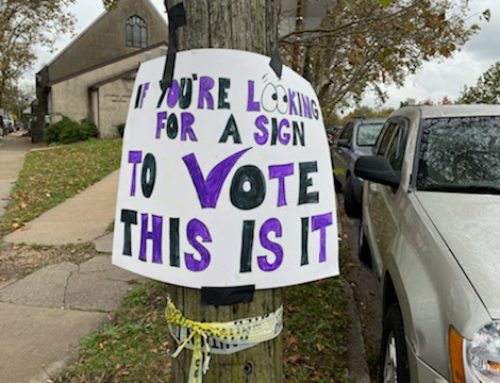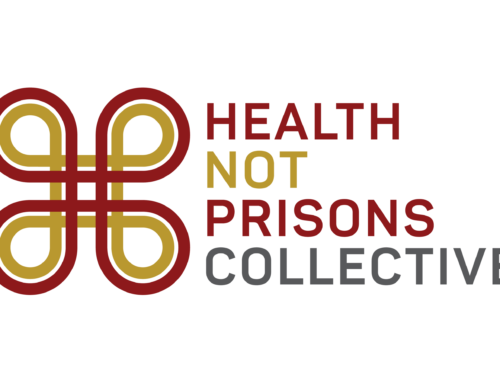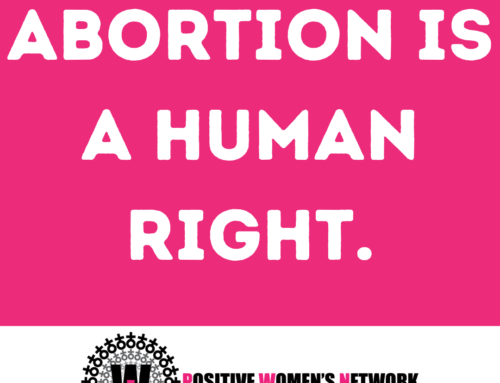June 30, 2020: Yesterday, the Supreme Court struck down yet another attempt to limit abortion care access in the landmark case, June Medical Services v. Russo. This latest case is a part of a larger, intentional effort to prevent those seeking abortions from accessing this essential and time-sensitive health care.
In June, the Court struck down a Louisiana law preventing doctors from providing abortion access services in the state unless they secured the privileges to admit and treat patients at a hospital within 30 miles of where they provide abortion care. This would have severely limited the number of doctors who are legally allowed to perform abortions in Louisiana for no medically sound reason—one of the reasons most abortion providers don’t have admitting privileges is because hospitalization after an abortion is so incredibly rare. The Louisiana law was challenged by reproductive justice advocates and activists across the state. The Center for Reproductive Rights took it to the Supreme Court, arguing that the law was in open defiance of the Court’s decision in Whole Woman’s Health v. Hellerstedt, a 2016 case where the majority held that legislation on access to abortion, “cannot use deceptive medical regulations to shut down clinics.”
This decision affirms that abortion access is a right that should be defended by law. Unfortunately, however, it is not the only battle being waged against the reproductive rights and freedoms across the country. Efforts to restrict the ability to provide and access affordable and compassionate care disproportionately Black, Indigenous, and other people of color communities as well as the LGBTQ community. Even as the Supreme Court upheld the right to access abortion in June, it hurt the fight to end the global HIV epidemic by upholding the U.S. government’s “Anti-Prostitution Pledge” in USAID v. Alliance for Open Society International. This decision allows the government to require domestic public health organizations and their foreign affiliates to condemn sex work in order to receive U.S. funding through the President’s Emergency Plan for AIDS Relief (PEPFAR)–which gets in the way of reaching sex workers. Criminalization and stigmatization create heightened risk of violence and abuse for sex workers, and consequently make them more vulnerable to acquiring HIV. It also impedes access to care: If an organization denounces sex work, sex workers are far less likely to turn to that organization for support or services. This rule is harmful to public health efforts in general, and specifically in the context of COVID-19, will prevent organizations from providing support and services to sex workers already facing financial devastation. Read Open Society’s statement on the decision here.
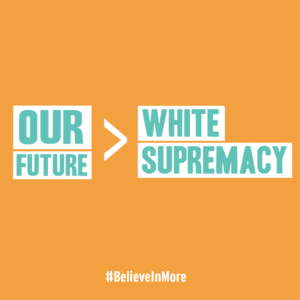 While the June v. Russo decision is certainly a victory, we urge advocates to strengthen our commitment to addressing the failure of federal and state governments to care for the lives and reproductive choices of people of color.
While the June v. Russo decision is certainly a victory, we urge advocates to strengthen our commitment to addressing the failure of federal and state governments to care for the lives and reproductive choices of people of color.
It is our duty to fight and it is our duty to win. Even as we celebrate yesterday’s victory, we must continue to press for progressive legislation to fully actualize abortion rights in this country. PWN calls on Congress to enact the Equal Access to Abortion Coverage in Health Insurance Act (EACH Woman Act), which would strike down the cruel and racist Hyde Amendment and makes abortion affordable for all. We also demand that Congress pass the Women’s Health Protection Act (WHPA) to protect abortion access from the same kind of medically unnecessary restrictions like those struck down—again—this week.
Take action by visiting Unite for Reproductive & Gender Equity (URGE) to send an email to your state and federal legislators asking for real abortion access through the EACH Woman Act, WHPA and more.
Join PWN today, June 30, in uplifting the decision in June on social media–here’s a toolkit with sample content. Together we will call out the links between reproductive oppression, anti-Black violence, and white supremacy using the hashtags #BelieveInMore and #RJ4BlackLives.



